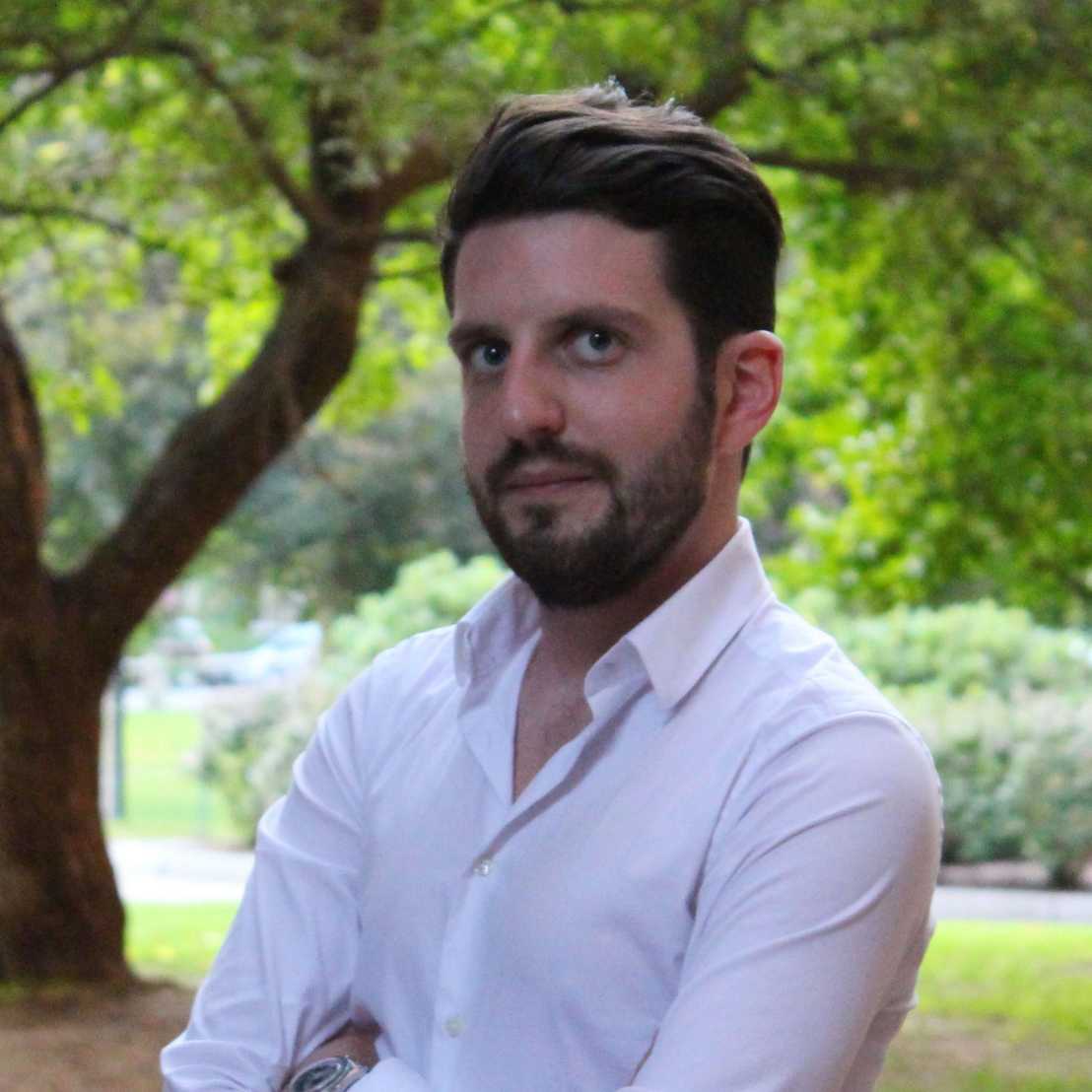Thomas Michaels appointed Assistant Professor of Soft and Living Matter Physics!
Thomas will join IBC and BML starting October 1st 2022. Thomas’ research explores complex systems theory in biology using control theory, soft matter physics and computational biology. He has wide-ranging teaching experience and is particularly well-known for his books on mathematical topics.

Thomas Michaels (Twitter: external page @MichaelsLabUCL) is currently Lecturer and Group Leader at University College London, United Kingdom and has been appointed by the ETH Board at its July 13th meeting and upon application of Joël Mesot, President of ETH Zurich, Assistant Professor of Soft and Living Matter Physics in the Department of Biology.
The Michaels lab is an interdisciplinary research group that uses ideas from theoretical physics, control theory and computational biology, in close collaboration with experimentalists, to develop a quantitative understanding of complex systems in biology. Most of the current research seeks to understand how functional and pathological biomolecular aggregation processes are regulated in time and in space in living systems. Current projects include understanding how liquid organelles act as control mechanisms for biochemistry inside living cells and modelling the pathological aggregation of proteins into amyloid fibrils, a process involved in Alzheimer’s and Parkinson’s diseases. Their theoretical work in this area provides a basis for the rational design of potential therapeutic strategies for neurodegeneration.
The theoretical and computational methods they develop also apply to a wide range of complex systems beyond biological aggregation, and they have recently become interested in studying the interplay between aging and cancer from a network physics and control theory perspective.
The appointment of Thomas who will join the Institute of Biochemistry (IBC) and the Bringing Materials to Life Consortium (BML) is an ideal opportunity to strengthen intradepartmental links between the research areas of physics, mathematics, chemistry, materials science, biology and biophysics.